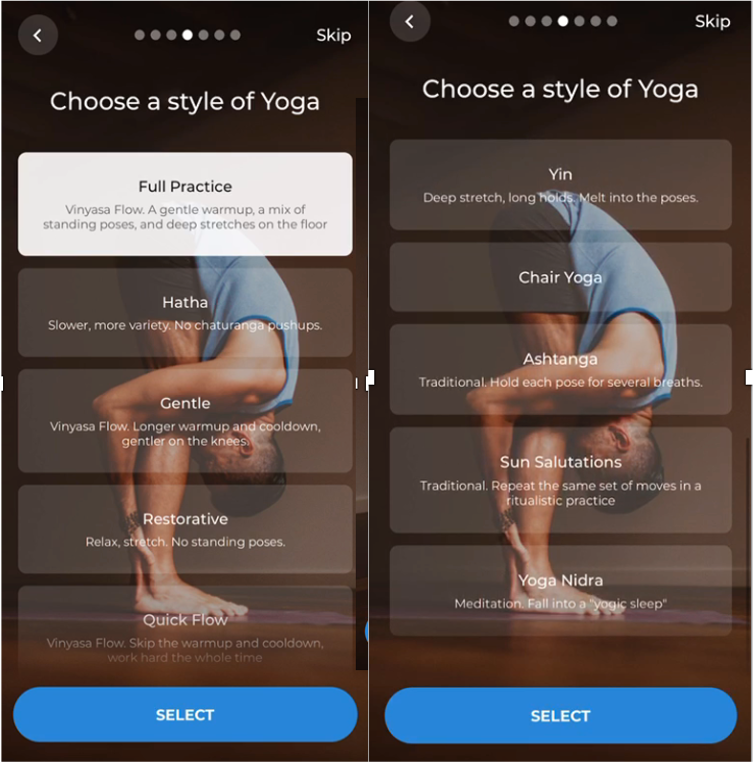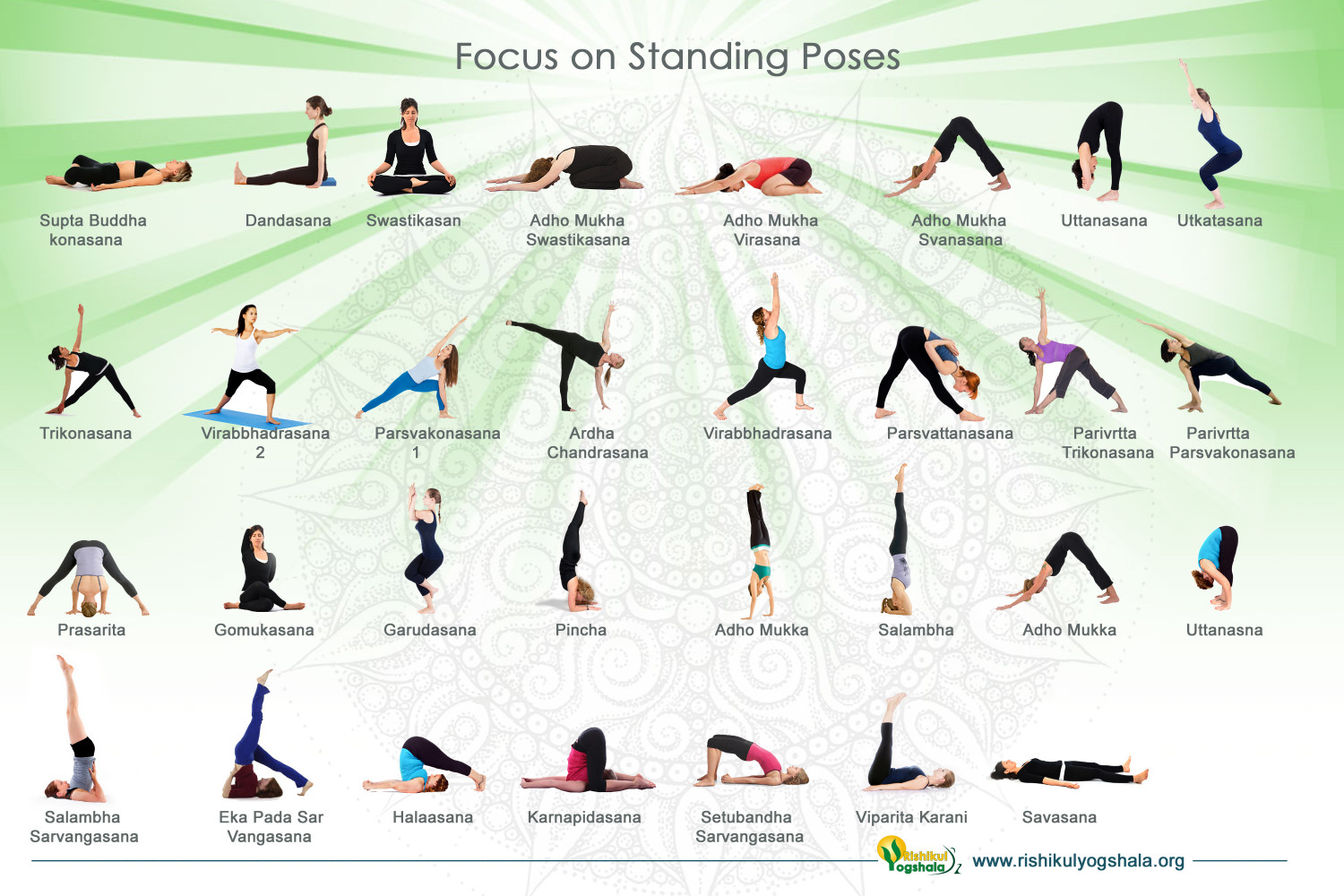
The Aryans and Indus are the first to discover yoga. This ancient form exercise aims at uniting the mind, body, intellect. Yoga must be practiced every day in order to achieve this. The practice was started by different teachers in history. From Aryans to Theosophists to Iyengar, yoga's history is complex and fascinating.
Yoga was founded by Indus and Aryans.
Yoga was a practice that began thousands of years ago, during the Indus and Aryans' worship of gods. We don't know the language of these people but we do know that they shared an affinity with nature and a love for one another. This is the basis of the ancient art of Yoga.
Theosophists
The Indian subcontinent has historically been the home of Hindu yoga. It is often called the "beacon to Aryan Occultism". The Theosophical Glossary defines yoga to be "meditation leading spiritual liberation." The highest forms and levels of yoga can lead to correct perceptions of the eternal truths of both the visible world and the intangible universe.

Iyengar
BKS Iyengar is closely related to the history of yoga. Iyengar, one of the earliest students of Tirumalai Shivamacharya (who is often referred to as the father modern yoga), was also among the first. Krishnamacharya's teachings have greatly influenced the development of yoga today. He experienced typhoid and malaria as well as a lack of nutrition. However, his determination and perseverance eventually won him recognition, and his work has spread worldwide.
British colonialism
Yoga and British colonialism share many similarities. Both are manifestations Western capitalism that have historically excluded poor and people of color. In the case of yoga, the problem is that it is a reflection of the way we view other cultures and religions.
Hatha yoga swamis
Hatha Yoga in the Himalayan traditions focuses on breathing awareness, centering and meditation. This style of yoga emphasizes the interconnectedness of all aspects. Hatha Yoga, as a form of meditation, isn't meant to include violence.
The Bhagavadgita
The Bhagavad Gita, a seminal text, combines several central Hindu texts and synthesizes the philosophies. It encourages belief in a single God, and the unity of all life. It also teaches us how to elevate the mind, soul, and see beyond appearances.

Modern yoga styles
The origins of modern Yoga go back many years. Swami Vivekananda was instrumental in introducing yoga to Westerners in the 1890s. He described yoga as the "science of the mind" and translated the ancient Yogic texts into English. He later demonstrated yoga at the World's Fair in Chicago and was welcomed with open arms.
FAQ
How much yoga is enough?
It's important that you remember yoga isn't a sport. There is no limit to how many times you can do before you get tired. Instead, try to enjoy the experience by taking it slowly and enjoying every moment.
Don't worry if you fall off the wagon once in a while. You can always pick up where you left off next time.
Start with 10 to 15 minute sessions if you are new to yoga. Then, work your way up.
What do I need to start practicing yoga?
A mat, some that can be folded, loose clothes and a blanket or towel to cover your head when you lie down will be necessary.
Additionally, props may be needed for certain poses such as blocks or straps, bolsters/bolsters blankets or towels.
In general, however you won't need anything. To start yoga, you must be motivated to make positive changes in one's life and willing to put in the effort.
What kind of music is played in a yoga studio?
Many yoga studios play soft instrumental music during class. This is intended to create a calm environment conducive to learning.
Other studios prefer more upbeat music, such as hip-hop, jazz, rock, etc.
Be mindful of the music you listen too. Music can distract from our practice.
Statistics
- According to the Agency for Healthcare Research and Quality, falls are incredibly common among older adults in nursing facilities. Even the simplest ones can increase the risk of death (24). (healthline.com)
- In comparison, a 125-pound person is estimated to burn 135 calories in 30 minutes of walking (at a pace of 15-minute miles) and 210 calories bicycling at a moderate pace on a stationary bike. (everydayhealth.com)
- Gentle yoga has been shown to ease some of the discomforts of tender, swollen joints for people with arthritis, according to a Johns Hopkins review of 11 recent studies. (hopkinsmedicine.org)
- The American Psychological Association recently shared that 84% of American adults feel the impact of prolonged stress (5). (healthline.com)
- Start your Fall off right with 20% off All Access Membership when you sign up by 9/25! (corepoweryoga.com)
External Links
How To
Yoga can help menopause symptoms
Yoga, an ancient form of meditation, focuses on breathing, stretching, and meditation. It originated in India. It has been used to stay fit for thousands upon thousands of years. It is becoming increasingly popular as people look for ways to stay fit and healthy in times of stress and illness.
Yoga is about using physical positions (asanas), to strengthen muscles, improve posture, and increase flexibility. This helps to relieve tension and build strength and stamina.
There are many types of yoga: Hatha, Vinyasa flow and Bikram. Each type is focused on different aspects of the human body, such relaxation, breath, stretching, or breathing.
All forms of yoga have the same goal: to restore balance within the body as well as the mind. Yoga can improve your fitness, sleep quality, weight loss and energy levels as well as reduce stress levels.
Yoga may be beneficial in the treatment of anxiety, depression, insomnia, and other conditions. There is not much evidence to support its effectiveness in treating other health conditions, such as those related to menopause.
Yoga helps you feel happier, healthier, and more fulfilled. It also teaches you how relax and manage stress situations. These skills could prove useful when you are going through menopause.
It is important for you to know that yoga can cause muscle soreness. Your doctor should be consulted if you have questions or concerns about your health.